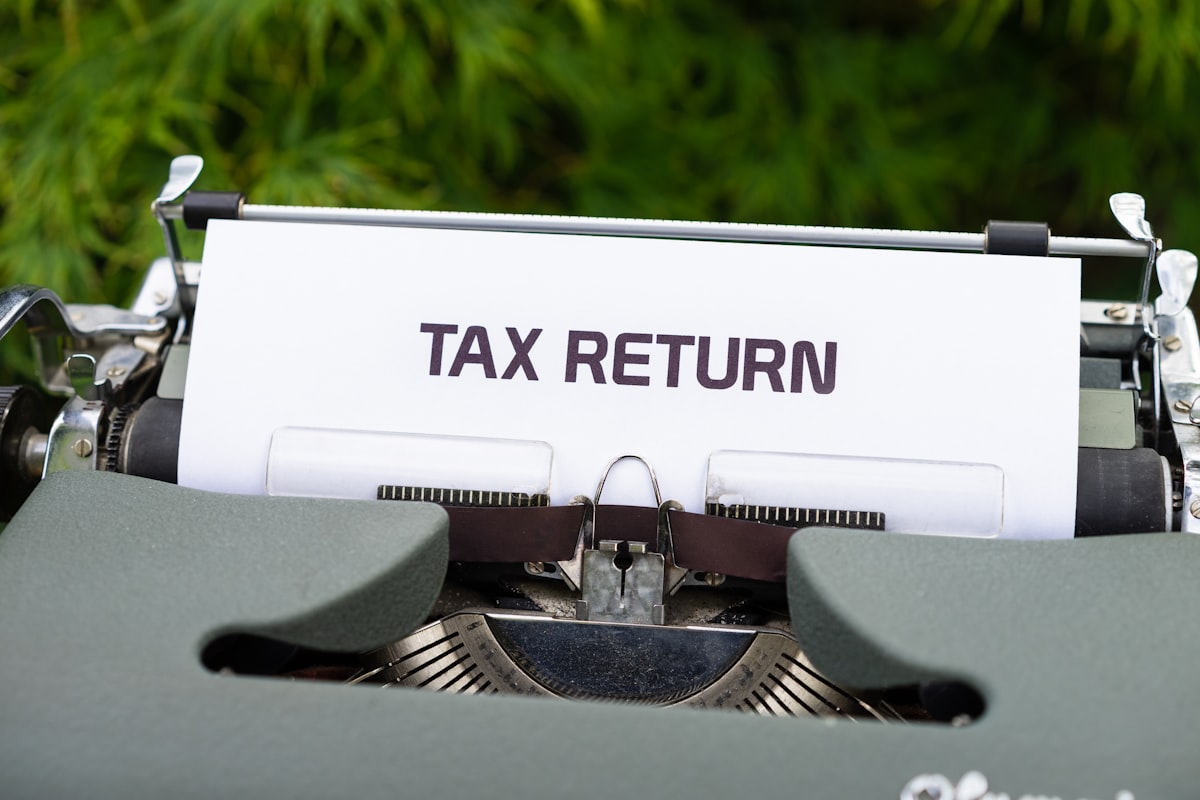Real Estate vs Personal Property Taxes: What You Need to Know

Introduction
Before we dive into the differences between real estate and personal property taxes, let's first define what each of these terms means.
Real estate refers to property consisting of land and the buildings on it, along with any natural resources attached to it, such as minerals or water. Personal property, on the other hand, refers to movable property that is not permanently affixed to land, such as cars, furniture, and equipment.
Now that we have a basic understanding of these terms, let's explore the concept of real estate taxes and personal property taxes, and what you need to know about each.
Real Estate Taxes:
Real estate taxes, also known as property taxes, are taxes imposed on the value of real property, such as land and buildings. The amount of tax owed is usually calculated based on the assessed value of the property, which is determined by a government-assigned appraiser. The assessed value is typically based on factors such as the size and location of the property, the age and condition of the buildings, and any improvements that have been made to the property.
Real estate taxes are typically collected by the local government, such as a city or county, and are used to fund public services such as schools, police and fire departments, and road maintenance. The tax rate varies depending on the local government and can change from year to year.
It's important to note that real estate taxes are based on the value of the property, not on the owner's income or ability to pay. This means that even if the owner of a property is experiencing financial hardship, they will still be required to pay their property taxes.

Personal Property Taxes:
Personal property taxes are taxes imposed on the value of movable property that is not permanently affixed to land, such as cars, furniture, and equipment. Like real estate taxes, the amount of tax owed is usually based on the assessed value of the property, which is determined by a government-assigned appraiser.
Unlike real estate taxes, personal property taxes are not universal taxes and can vary significantly from state to state and even from county to county within a state. Some states do not impose personal property taxes at all, while others may impose them on certain types of property but not on others.
The primary purpose of personal property taxes is to generate revenue for the local government. The tax revenue is typically used to fund public services such as schools, libraries, and parks.
It's worth noting that personal property taxes are often considered to be regressive because they are based on the value of the property rather than the owner's income or ability to pay. This means that people with lower incomes may pay a higher percentage of their income in personal property taxes than those with higher incomes.
Key Differences between Real Estate and Personal Property Taxes:
While both real estate and personal property taxes are based on the value of the property, there are several key differences between the two. Here are some of the most significant differences:
1. Taxable Property: Real estate taxes are assessed on immovable property, while personal property taxes are assessed on movable property. Real estate includes land and anything attached to it, such as buildings, while personal property includes items that can be moved, such as cars, boats, and furniture
2. Taxing Authority: Real estate taxes are typically collected by the local government, such as a city or county, while personal property taxes may be collected by the state government or the local government, depending on the jurisdiction.
3. Assessment: Real estate taxes are assessed based on the value of the property, while personal property taxes are assessed based on the value of the personal property. Real estate assessments are typically done by a county assessor's office, while personal property assessments are typically done by the state or local government.
4. Tax Rates: The tax rates for real estate taxes and personal property taxes are different. Real estate tax rates are generally lower than personal property tax rates since real estate values tend to be higher and more stable. Personal property taxes are typically higher because the value of movable property tends to depreciate more rapidly.
5. Regressively: Personal property taxes are often considered to be more regressive than real estate taxes because they are based on the value of the property rather than the owner's income or ability to pay.
6. Exemptions: Real estate taxes may be subject to exemptions for certain types of properties, such as homestead exemptions for primary residences. Personal property taxes may also be subject to exemptions, but these tend to be more limited and may only apply to certain types of property.
7. Collection: Real estate taxes are typically collected by the local government or county treasurer's office. Personal property taxes are typically collected by the state or local government and may be collected through a variety of means, such as registration fees or assessments on income or sales.
8. Penalties: Penalties for non-payment of real estate taxes and personal property taxes may differ. Real estate taxes may lead to foreclosure or sale of the property if not paid, while personal property taxes may result in the seizure and sale of the property to satisfy the debt.
9. Payment Frequency: Payment frequency is one of the key differences between real estate and personal property taxes. Real estate taxes are typically paid on an annual basis, whereas personal property taxes are often due on a more frequent basis, such as quarterly or monthly. This is because personal property, such as cars or business equipment, can be sold or relocated more frequently than real estate. Additionally, the value of personal property can fluctuate more rapidly than real estate, requiring more frequent assessments and adjustments to tax bills. As a result, property owners should be aware of the payment frequency for each type of tax to properly budget and plan for their tax obligations.

Conclusion
Understanding the differences between real estate and personal property is essential for property owners. Real estate taxes are assessed on the value of the land and any improvements made on it, while personal property taxes are levied on movable assets such as vehicles and furniture. These taxes help fund local government services and infrastructure. Property owners should stay up-to-date with the tax laws in their jurisdiction and take advantage of any exemptions or deductions they may qualify for. By understanding the nuances of real estate and personal property taxes, property owners can make informed decisions about their investments and finances.





